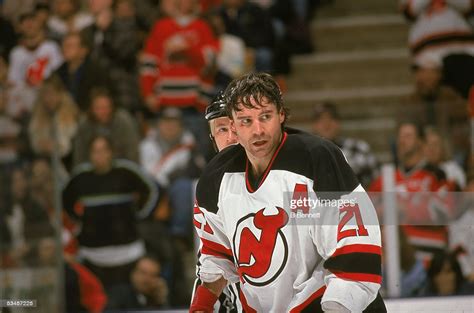A Quote by Barry Ritholtz
The market is going to love it. The market always seems to applaud major mergers, even though the vast majority of them don't work out and don't increase shareholder value.
Related Quotes
An old market had stood there until I'd been about six years old, when the authorities had renamed it the Olde Market, destroyed it, and built a new market devoted to selling T-shirts and other objects with pictures of the old market. Meanwhile, the people who had operated the little stalls in the old market had gone elsewhere and set up a thing on the edge of town that was now called the New Market even though it was actually the old market.
Value investing doesn't always work. The market doesn't always agree with you. Over time, value is roughly the way the market prices stocks, but over the short term, which sometimes can be as long as two or three years, there are periods when it doesn't work. And that is a very good thing. The fact that our value approach doesn't work over periods of time is precisely the reason why it continues to work over the long term.
I am the largest market shareholder of clothing in the U.K. and I am not a destination shop for food. If the clothing market is affected - and it has been - and I hold my market share mathematically, then fine, I am doing no worse than the market is doing, which is exactly the case, but I'm losing revenue.
I am the largest market shareholder of clothing in the UK and I am not a destination shop for food. If the clothing market is affected - and it has been - and I hold my market share mathematically, then fine, I am doing no worse than the market is doing, which is exactly the case, but I'm losing revenue.
The mistake managers often make is defining their industry too narrowly. Digital's market share in the minicomputer market stayed very robust even as it fell off the cliff. Disruption seems to come out of nowhere, but if you know what to look for, you can spot important developments well before the market does.
When I get hurt in the market, I get the hell out. It doesn't matter at all where the market is trading. I just get out, because I believe that once you're hurt in the market, your decisions are going to be far less objective than they are when you're doing well If you stick around when the market is severely against you, sooner or later they are going to carry you out.
The latest trade of a security creates a dangerous illusion that its market price approximates its true value. This mirage is especially dangerous during periods of market exuberance. The concept of "private market value" as an anchor to the proper valuation of a business can also be greatly skewed during ebullient times and should always be considered with a healthy degree of skepticism.
The Middle East would always be an important trading partner in just a market sense, like America is a big market for us, Asia is a big market, Europe is a big market. You are going to have hundreds of millions of consumers there, from just a standard market point of view, from a very narrow American point of view.
You can't expect to be on MTV and critique George Bush. You can't expect to be on BET or the cover of 'The Source' advocating Jesus Christ or Buddha or Hindu Krishna or Moses. As a conscious rap artist, you have to play in the arena that you're supposed to be in. What is that arena? That arena is the college market. The conscious rap artist woos the college market, even though the college market is the wildest, most sexed-out, drug-driven market in the country, possibly the world.
When Wal-Mart brings water down to the Katrina victims, it's not doing that to be nice; it's doing it to make larger profits and to increase the value of its shares. If its actions are not accomplishing those objectives, the shareholders can sue the executives, and sue them successfully, because it is illegal for them to act on behalf of any other reason than increasing the value of their shares. There is nothing wrong with that. That is the way that they were created and the way we want them to function to increase prosperity in the market.
These results add up to perhaps the most important investment lesson of all that can be drawn from this week's market anniversaries: Predicting turns in the market is incredibly difficult to do consistently well. That means that, if your investment strategy going forward is dependent on your anticipating major market turning points, your chances of success are extremely low.


































